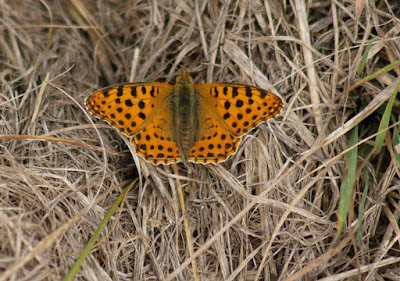This blog may help people explore some of the 'hidden' issues involved in certain media treatments of environmental and scientific issues. Using personal digital images, it's also intended to emphasise seasonal (and other) changes in natural history of the Swansea (South Wales) area. The material should help participants in field-based modules and people generally interested in the natural world. The views are wholly those of the author.
Thursday, 31 August 2023
Insurers Like It Rare?
Hurricane Idalia made landfall in a relatively sparsely populated area of Florida, before going on to create further havoc in Georgia and the Carolinas. This will have kept insurance costs down, somewhat. In spite of this, Idalia has an estimated preliminary cost of almost $10bn. It could still prove to be the US's costliest climate disaster of 2023 (https://www.theguardian.com/us-news/2023/aug/31/hurricane-idalia-cost-update-category-3-florida-georgia). Unfortunately, billion dollar climate disasters are increasing frequent in the US. Insurance companies want to make money. They operate on the basis of having to pay out for occasional disasters. Predictably, there's been a flight of insurance companies from Florida. Getting reinsured is going to get a lot harder, even in Mar-a-Lago.
Funga Face?
Fungi have always, compared to animals and plants, been a relatively neglected group of organisms. When, for example, conservationists speak about a location, they generally refer to its Fauna (animals) and Flora (plants). There's no Latinised term for the fungi. The Fungi Foundation, now advocate introducing the term 'Funga', to deal with conservation issues (https://www.theguardian.com/environment/2023/aug/30/flora-fauna-and-funga-un-backs-new-term-for-conservation-discussions). 'Funga', isn't a Latin term, but has 'morphological similarity' to Fauna and Flora. This seems a sensible suggestion and could lead to fungi being more recognised and protected as important components of ecosystems. Why, however, stop there? Bacteria are also important agents, determining environmental health. Perhaps, we should refer to an environment's Fauna, Flora, Funga and Bacta?
Subscribe to:
Comments (Atom)
-
I n the UK and US, a pparently popular and successful vegan/vegetarian restaurants are reportedly closing or adding meat to their menus ( ...
-
Early ripening fruit may seem convenient but some folk think it confirms environmental stress. There's also a possibility th...



































































%20mating%20NWCW.jpg)

